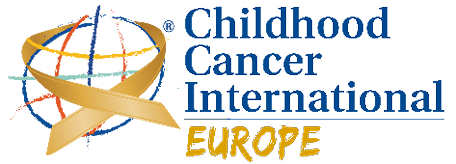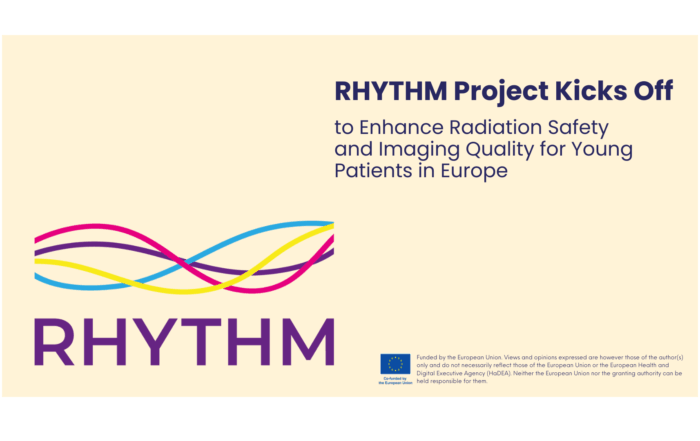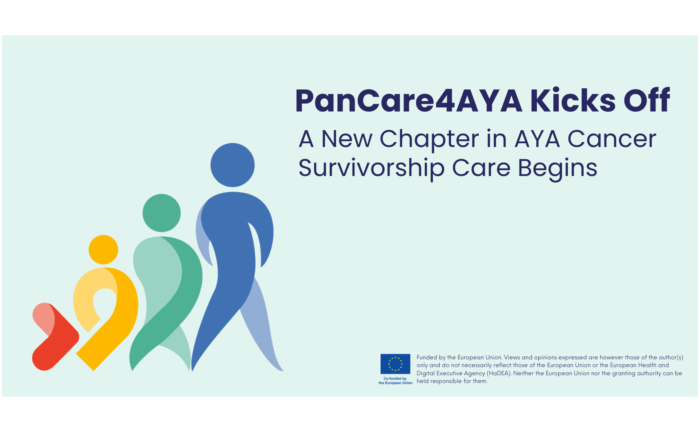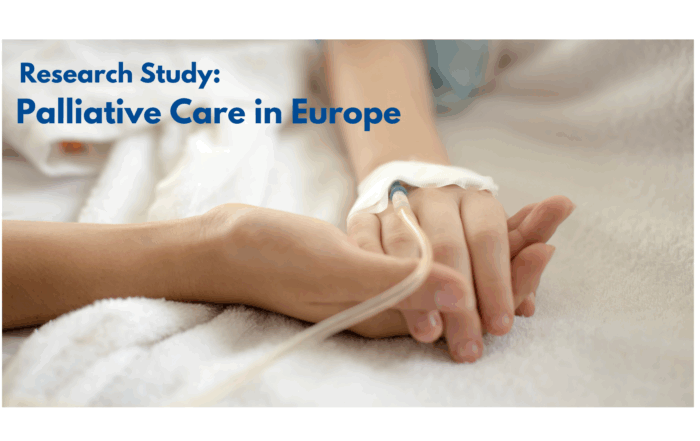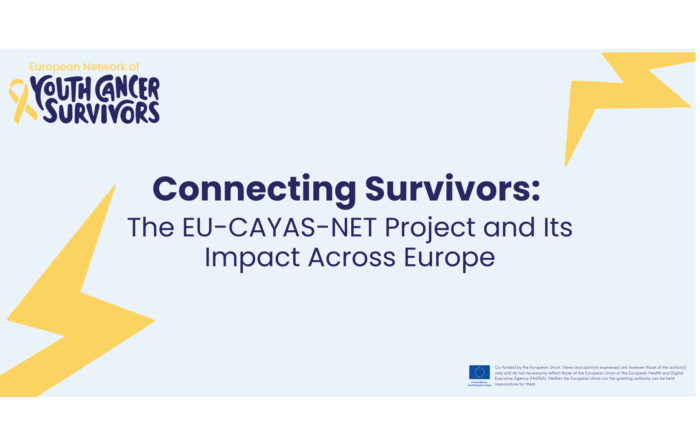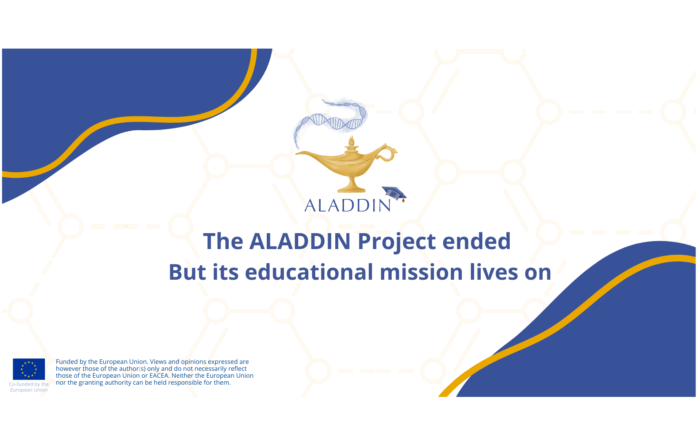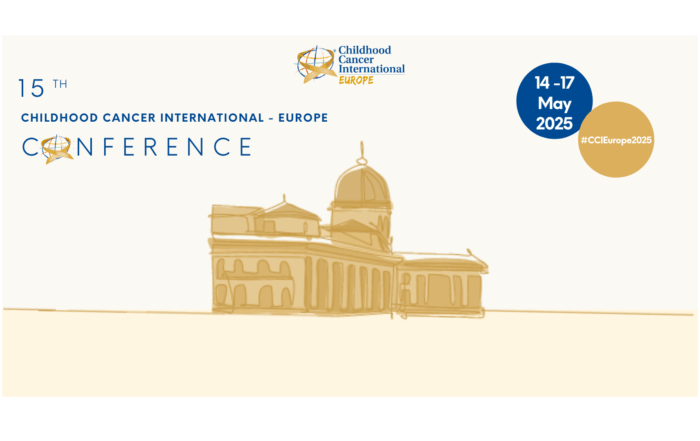Projects:
CCI Europe is keen to advance research and foster collaboration. Therefore, CCI Europe is coordinator or partner in the following third party funded project (EU, as well as non-EU).
Should you wish to collaborate with CCI Europe on a project or initiative, please fill out THIS FORM to request our contribution. Please note that collaboration requests received less than two months prior to the project submission or start of initiative will not be considered.
If you want to learn more about the finalized projects, please check this page: FINALIZED PROJECTS
About the project:
When healthcare decisions don’t take into account what matters most to patients, the result is often less effective care. Even though industry, regulators, and health authorities increasingly recognize the importance of patient input, it is still not standard practice. One major challenge is the absence of a clear and consistent way to capture the full benefits of a treatment from the patient’s perspective. The UNIFIED project aims to solve this by creating a structured, evidence-based framework that makes patient perspectives central to healthcare decisions. UNIFIED focuses on:
- Combining different types of patient-centered data – including patient preferences, clinical outcome measures, and information collected through digital health technologies (DHTs).
- Identifying what patients consider meaningful improvements in their health, also known as the minimum clinically important difference.
- Using advanced artificial intelligence (AI), especially powerful Foundation Models, UNIFIED can bring these diverse data types together in a reliable and secure way. The approach is interactive and collaborative, connecting research with the needs of patients, clinicians, industry, and regulators. The framework will be tested in five different medical areas across Europe and Canada, and formally endorsed by the European Medicines Agency (EMA). It will provide clear guidance on how to use patient-centered data in clinical studies and healthcare decision-making.
By doing so, UNIFIED will help ensure that treatments are evaluated based on what truly matters to patients. This will benefit not only patients, but also caregivers, clinicians, healthcare systems, industry, regulators, and society as a whole, leading to better patient outcomes, more sustainable healthcare, and decisions that reflect real value to people’s lives.
![]()
Project website: https://www.unified-project.eu/
Duration: November 2025 – November 2030
Grant Authority: Innovative Health Initiative Joint Undertaking
Project Nr.: 101218845
Coordinator: Erasmus University of Rotterdam
This project is supported by the Innovative Health Initiative Joint Undertaking (IHI JU) under grant agreement No 101218845. The JU receives support from the European Union’s Horizon Europe research and innovation programme and COCIR, EFPIA, Europa Bío, MedTech Europe, Vaccines Europe, GenAIz, and John Snow Labs Inc.
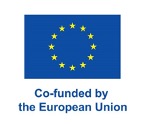
About the project:
IMPACT-EU project aims to establish Europe-wide standards for psychosocial care in paediatric oncology, ensuring comprehensive support throughout the treatment journey, including the transition to adult care. The project integrates psychosocial care with advocacy from patient organisations to provide a holistic, collaborative approach that can be adapted across diverse contexts.
Its overall goal is to improve the quality of life and well-being of children and adolescents with cancer, as well as their families, siblings, and relatives, through comprehensive mental and psychosocial support.
Based on current standards and clinical needs, the project focuses on these main actions:
- Developing a Europe-wide standard for psychosocial care in paediatric oncology to ensure consistent, high-quality support across countries.
- Mapping psychosocial services across Europe, both within and outside hospitals, to identify available resources, best practices, and existing gaps.
- Providing training and implementation tools to strengthen the skills and capacity of professionals and peer supporters, delivering psychosocial care.
- Advocating for and providing policy recommendations for national adoption of psychosocial standards in Europe.
By combining research, training, and practice, IMPACT-EU aims to strengthen psychosocial care systems, build professional capacity, and promote the adoption of psychosocial standards across Europe. The holistic approach of the project will help ensure that every child, adolescent, and family affected by cancer receives the emotional, social, and psychological support they need.
CCI Europe is a leading organisation from a patient representative perspective on this project and is responsible for communication, dissemination, and policy work.
In addition, CCI Europe’s focus within the project is strongly on the topic of peer support. Not only will CCI Europe continue and expand our mapping of psychosocial services offered by patient and parent organisations in Europe, but it will also develop and implement a training concept, including a train-the-trainer manual for peer support.

Project website: https://siope.eu/impact-euing soon
Duration: October 2025 – October 2028
Grant Authority: European Health and Digital Executive Agency (HADEA)
Project Nr.: 101219209
Coordinator: SIOP Europe

Co-funded by the European Union. Views and opinions expressed are however those of the author(s) only and do not necessarily reflect those of the European Union or the European Health and Digital Executive Agency (HaDEA). Neither the European Union nor the granting authority can be held responsible for them.
About the project:
The RHYTHM project is working to make medical imaging safer and more effective for children, teenagers, and young adults. These patients are more sensitive to radiation, so it’s especially important to use imaging methods carefully and wisely.
The project focuses on scans that use radiation, such as CT, SPECT/CT, PET/CT, and CT scans used in radiotherapy planning. It aims to solve several key problems, including:
- Using scans when they aren’t really needed
Limited access to imaging machines designed specifically for children
Not enough training for doctors, healthcare workers, and patients about safe imaging
To address these issues, RHYTHM brings together experts from healthcare, industry, regulators, and patient groups. Its goals include:
- Creating evidence-based guidelines to help doctors decide when and how to scan
- Developing safe, standardized imaging protocols adapted for young patients
- Building a large European database to compare radiation doses and image quality, so hospitals can learn from each other and improve practices
The project also puts strong emphasis on education and awareness. It will provide training for healthcare professionals using courses, online videos, and case studies, and share these widely through platforms like EuroSafe Imaging. Outreach campaigns will also target parents, young adults, and healthcare providers to raise awareness about safe and effective imaging.
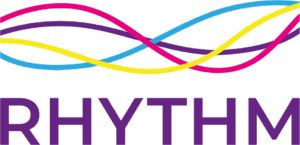
Project website: https://www.eibir.org/projects/rhythm/
Duration: October 2025 – October 2029
Grant Authority: European Health and Digital Executive Agency (HADEA)
Project Nr.: 101232948
Coordinator: European Institute for Biomedical Imaging Research (EIBIR)

RHYTHM is co-funded under the EU4Health Programme 2021–2027 under grant agreement no. 101232948. Funded by the European Union. Views and opinions expressed are however those of the author(s) only and do not necessarily reflect those of the European Union or European Health and Digital Executive Agency. Neither the European Union nor the granting authority can be held responsible for them.
About the project:
PanCare4AYA will develop an international clinical guideline for surveillance and Survivorship Care, and develop and test a screening programme for AYA cancer survivors to make long-term Survivorship care easier to achieve across Europe. This project will be led by prof. Leontien Kremer in collaboration with dr. Heleen van der Pal from the Princess Máxima Center for pediatric oncology in the Netherlands and will be a collaboration between 29 partners from 14 countries.
The project will build upon the results of the PanCareFollowUp project and guidelines from the International Guideline Harmonization Group and the PanCare network to translate knowledge on guideline based long-term Survivorship Care for childhood cancer survivors to AYA cancer survivors.
Project Objectives:
The project will:
- Develop an international, evidence- and consensus-based guideline for AYA cancer Survivorship Care (screening and follow-up), and develop supportive PLAIN language brochures based on the guideline
- Develop the person-centred AYA Cancer Survivor Screen programme to apply the AYA cancer Survivorship Care guideline in practice, including a Programme Manual with a Survivorship Care Plan (SCP) template (including Treatment Summary), supporting materials for survivors and healthcare professionals (HCPs) to implement the AYA Cancer Survivor Screen programme and an implementation strategy
- Develop support tools for the AYA Cancer Survivor Screen programme, including AYA survivor peer support networks, AYA-specific versions of existing digital tools for Survivorship and a guide for developing digital tools for Survivorship Care.
- Conduct an implementation study of the person-centred AYA Cancer Survivor Screen programme in 11 European countries with 1,000 AYA cancer survivors, to assess the impact of the programme on:
- Empowerment, mental, psychosocial, QoL outcomes
- Healthcare delivery and screening-related health
- Experiences of AYA cancer survivors and HCPs with implementing the state-of-the-art screening programme within a range of different healthcare settings,
- Feasibility, and
- Costs for healthcare systems.
- Contribute to the “Quality of Life” cluster for the Mission on Cancer and establish links with other (EU) initiatives in AYA cancer Survivorship Care to avoid duplication of effort and maximise synergies
- Develop a Replication Toolkit for the AYA Cancer Survivor Screen programme to support scale-up of the AYA Cancer Survivor Screen programme across Europe
- Communicate and disseminate the importance of screening in AYA cancer Survivorship Care and the project results to key stakeholders to promote scale-up of the AYA Cancer Survivor Screen programme and improve AYA cancer Survivorship Care across Europe
PanCare4AYA will be a 5-year programme bringing together many partners from all over Europe and connecting the childhood and AYA cancer communities to jointly improve survivorship care for all survivors treated from 0-39 years of age.
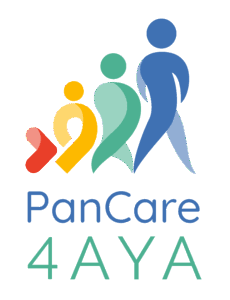
Project website: https://pancare4aya.eu/
Duration: Apr 2025 – May 2030
Grant Authority: European Health and Digital Executive Agency (HADEA)
Project Nr.: 101213107
Coordinator: Princess Máxima Center for pediatric oncology

Co-funded by the European Union. Views and opinions expressed are however those of the author(s) only and do not necessarily reflect those of the European Union or the European Health and Digital Executive Agency (HaDEA). Neither the European Union nor the granting authority can be held responsible for them.
The European Youth Cancer Network (YARN) weaves together & builds on the EU-CAYAS-NET and OACCUs projects to expand the EU Network of Young People Affected by Cancer, focusing on peer support, social networking, and digital tools to improve access to information, particularly for those facing relapse, metastatic cancer, and treatment side effects.
A Youth Cancer Council will empower young people with cancer experience in leadership through systematic integration into project design. By embedding their voices into feedback loops and consultations, the Council ensures lived experience shapes outcomes and drives long-term policy impact. The project will assess the role of social connections on the emotional well-being of young people with cancer. An impact study will evaluate the effects of the EU action grant on Beneficiaries and Partners, focusing on collaboration and synergies with other EU projects.
Through focus groups, peer visits, training programs, webinars, and workshops, the project will implement psychosocial and mental health care standards, offer education and career support, and develop comprehensive resources for long-term follow-up and transition of care through evidence-based guidelines. It will improve access to multilingual resources on coping with treatment side effects, relapse, and metastatic cancer for youth living with and beyond cancer.
The project will also promote Equity, Diversity and Inclusion (EDI) in healthcare institutions and patient communities through tools like the Inclusivity Checklist
and a Certification System. A focus on healthy lifestyles will introduce exercise programs, workshops, and a bootcamp to improve well-being. Communication
campaigns will reach 50 million people across Europe, and the Advocacy, Cancer & Empowerment (ACE) Academy will train 100 patient advocates. The project will also maintain and expand its digital Platform to host multilingual, reliable information and ensure synergies with other EU-funded projects.
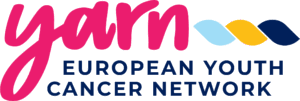
Project website: beatcancer.eu
Duration: Jul 2025 – Jun 2028
Grant Authority: European Health and Digital Executive Agency (HADEA)
Project Nr.: 101219053
Coordinator: Youth Cancer Europe

Co-funded by the European Union. Views and opinions expressed are however those of the author(s) only and do not necessarily reflect those of the European Union or the European Health and Digital Executive Agency (HaDEA). Neither the European Union nor the granting authority can be held responsible for them.
Symmetrian is a platform where one can find patient experts that can give relevant input into many research initiatives and R&D processes. It bridges the gap between patient experts and a wide range of research initiatives. It connects relevant research and investigative activities with suitable patient experts, facilitating impactful patient-centred collaborations in order to improve research outcomes.

Project website: https://symmetrian.org/
Duration:
Coordinator: European Patient Advocacy Institute
An estimated 1 in 20 Europeans has now faced a cancer diagnosis. This disease not only takes a toll on the body but also weighs heavily on mental health. Patients undergoing cancer treatment as well as survivors, after their treatment, often face a cascade of psychological and cognitive challenges, including anxiety, depression, fear, and uncertainty. This can severely impact the quality of life for patients, their families and caregivers.
Unfortunately, psychological support is often lacking due to inequalities in access and the lingering stigma surrounding mental health. Many patients, especially those from underserved regions or disadvantaged backgrounds, do not receive adequate mental health screening or care.
ALTHEA works to address these issues.
Solutions exist. Systematic mental health screening ensures that patients are given timely access to psychological support. And early intervention is key. By recognising warning signs, healthcare professionals can intervene sooner, preventing emotional distress from escalating and providing more personalised care.
ALTHEA aims to provide high-quality, remote, psychological support through digital platforms. By designing software that can be easily used on simple devices, we ensure that the tool is accessible in remote regions and to those with limited access to technology.
Beyond supporting patients, ALTHEA will develop guidance and best practices for oncology professionals, promoting a collaborative approach between them and mental health professionals. By cementing mental health support in the cancer pathway, ALTHEA is setting a new standard for comprehensive cancer care.

Project Website: https://www.ieo.it/en/PNA/Althea-Project/
Duration: 2024 – 2027
Grant Authority: European Health and Digital Executive Agency (HaDEA)
Project Nr.: 101161236
Coordinator: IEO European Institute of Oncology
Co-funded by the European Union. Views and opinions expressed are however those of the author(s) only and do not necessarily reflect those of the European Union or the European Health and Digital Executive Agency (HaDEA). Neither the European Union nor the granting authority can be held responsible for them.
The aim of this project is to establish an international data integration platform to enable research and prioritise drug development for children with cancer. A decisive step towards systematic prioritization of new cancer therapies for children in Europe and beyond through a better use of, and access to, existing genomic and clinical data.
The platform aim is to collate and integrate more than 5,000 comprehensive genomics datasets for paediatric cancers that have been generated to date across the participating precision oncology programs. There are eight participating programmes from Europe, Canada and Australia.
CCI-E’s leads the WP7 (Patient Oversight and Advocacy) and contributes to the project on these tasks:
- Coordination
Contribute to overall governance, as permanent member of the Management Committee (WP 1)
- Reactive consultation
Act as sounding board on topics requiring patient input, across all WPs
- Pro-active consultation
Identify, articulate and (help) remediate potential issues, throughout all WPs
- Advocacy & communication
Contribute to internal and external communication and creation of support for the project
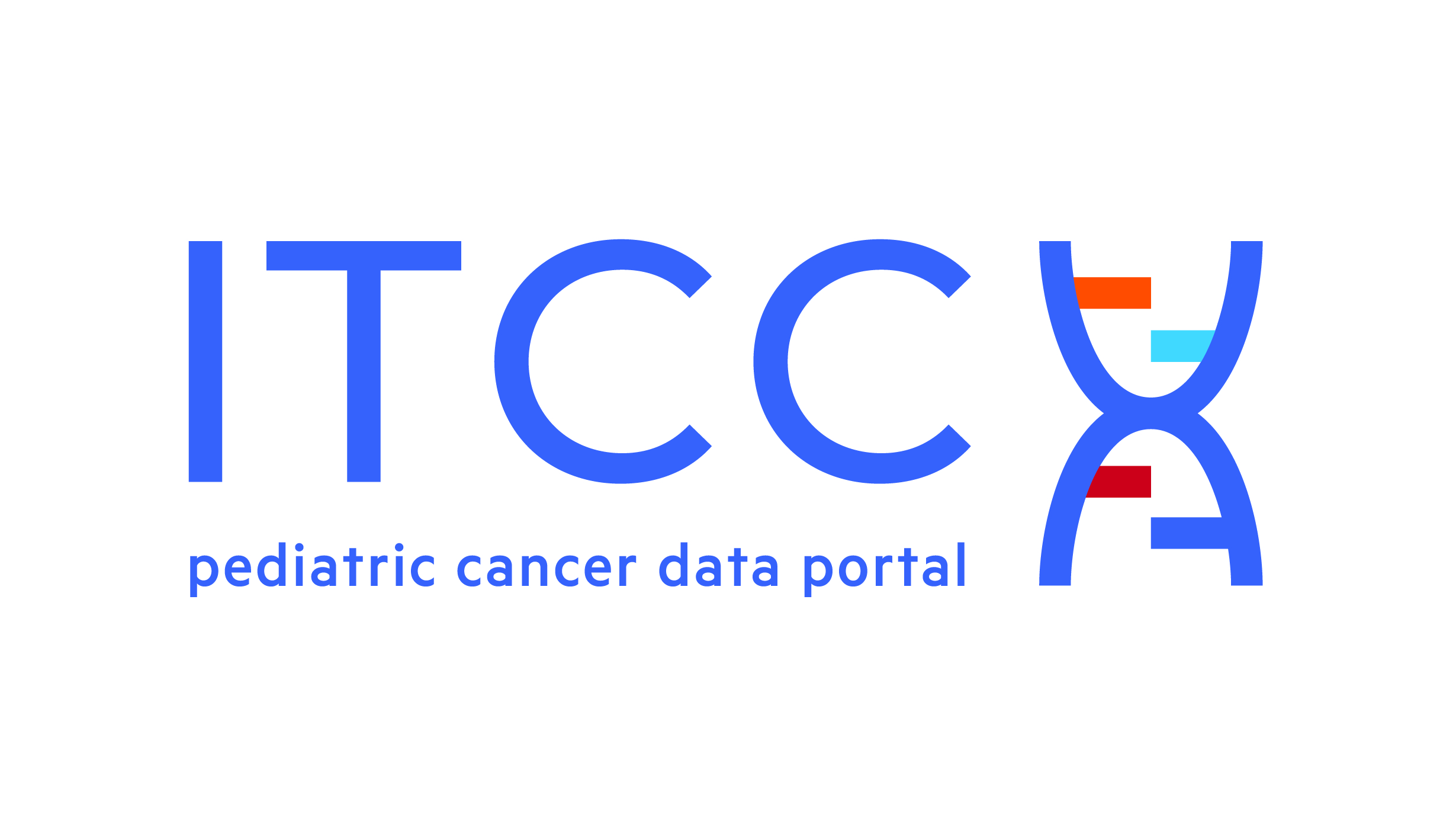
Website: https://www.pedcanportal.eu/
Duration: Jan 2023 – December 2027
Grant Authority: Dietmar HOPP Foundation
Coordinator: German Cancer Research Center (DKFZ Heidelberg) & Hopp Children’s Cancer Center (KiTZ Heildelberg)
The ERN PaedCan is focusing on reducing inequalities in treatment of childhood cancer and focusing on improving follow-up care for survivors through fostering the further development of the Survivorship passport (SURPASS) tool.
CCI Europe is in the Steering Committee of the ERN PaedCan and strongly involved in all project activities. So far, CCI Europe developed a roadmap for parents’ and survivors’ groups within the network and a movie to raise awareness of late-effects.
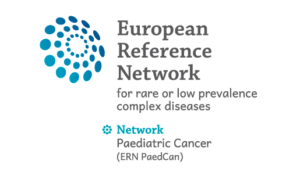
Project website: https://paedcan.ern-net.eu/
Duration: Jan 2023 – Dec 2027
Grant Authority:
Project Nr.:
Coordinator: CCRI
